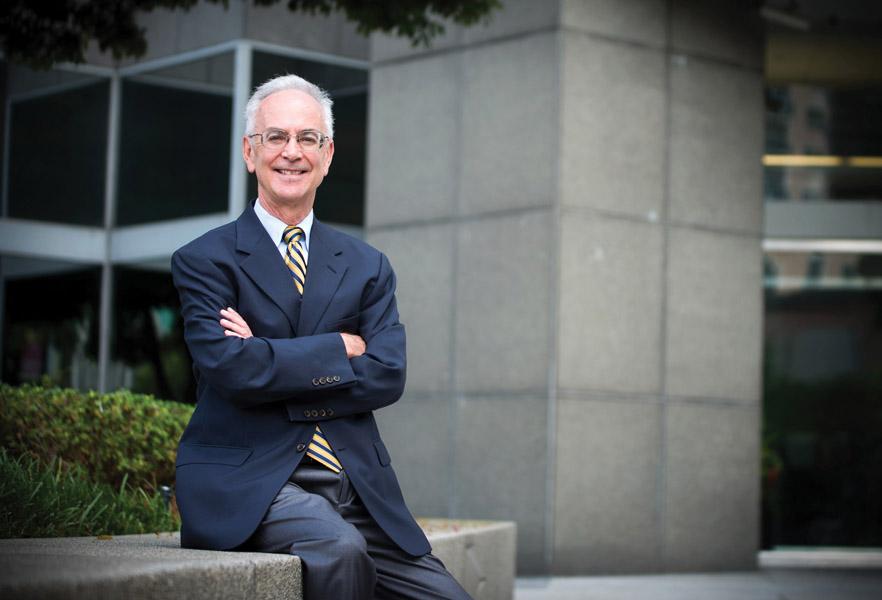Dean Hamm: We Are Not Powerless
Dear New Orleans and surrounding communities,
With so much anxiety in the community about COVID-19 right now, we must remember that we are not powerless in the face of this situation. At Tulane University School of Medicine, we have incredible clinicians and scientists, and we are guided by some of the best experts in the world. All of our hospitals and clinics are approaching this situation so that potential exposure to providers and all of the patients they care for is minimized, and we are working swiftly to tackle this unique challenge with the commitment to education, research and service to the community that stands as the heart of our mission.
In order to continue to advance our mission while also protecting our community, Tulane School of Medicine has moved quickly to implement safety plans to respond to the spread of the COVID-19 virus. Key elements of these plans include:
- The School of Medicine has largely shifted to online learning where possible. Didactic activities, including interactive sessions, are being moved online and clinical activities by students are being temporarily suspended. Detailed plans for each phase of coursework are available HERE (https://medicine.tulane.edu/student-covid-19-info).
- In terms of Tulane-affiliated hospitals, we are working to reduce elective procedures and move clinics off-site.
- Research remains mission critical for the School of Medicine. Our investigators are developing rapid testing for COVID-19 and partnering with our clinicians to bring the bench to bedside at an unprecedented pace. We anticipate Tulane will be making groundbreaking research advances in treating and preventing COVID-19 in the days and months ahead. Tulane has already been making important discoveries, with Dr. Robert Garry co-authoring a study in Nature Medicine that demonstrated the coronavirus behind the global COVID-19 pandemic likely evolved from nature and not a lab.
We are also working to support our hardworking medical professionals during this time of uncertainty. In this newsletter you will learn more about how we have established the Tulane Healthcare Providers Fund as a flexible resource that can be rapidly mobilized to provide support for our residents and other frontline healthcare providers.
We should all take great pride in knowing that Tulane is on the frontlines in this battle. Jay Rappaport, PhD, director and chief academic officer of the Tulane National Biomedical Research Center (TNBRC), is leading the charge, working across disciplines to better understand this baffling disease and to develop treatments and a vaccine. Earlier this year, TNPRC mobilized to become one of the first research facilities in the country to obtain approval from the Centers for Disease Control to receive samples of the novel coronavirus.
Finally, this crisis has been a powerful reminder of just how connected we are to one another—and how our choices today determine our reality tomorrow. Now more than ever, it is with gratitude and pride that I see the Tulane medical community — from clinicians and researchers to rising medical students and residents — coming together to support and protect the most vulnerable with remarkable hard work, professionalism and flexibility.
L. Lee Hamm, M.D.
Senior Vice President & Dean of the School of Medicine, James R. Doty Distinguished Professor and Chair Tulane University

